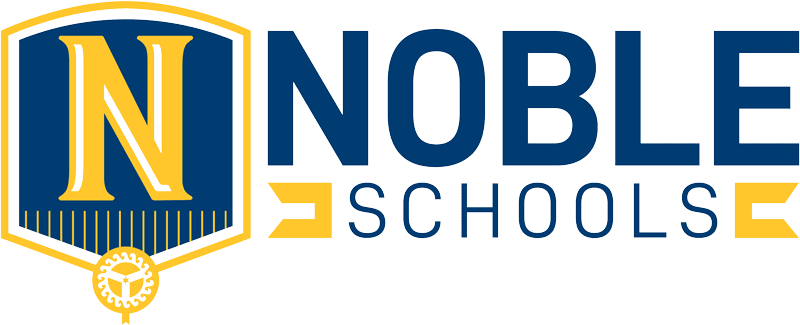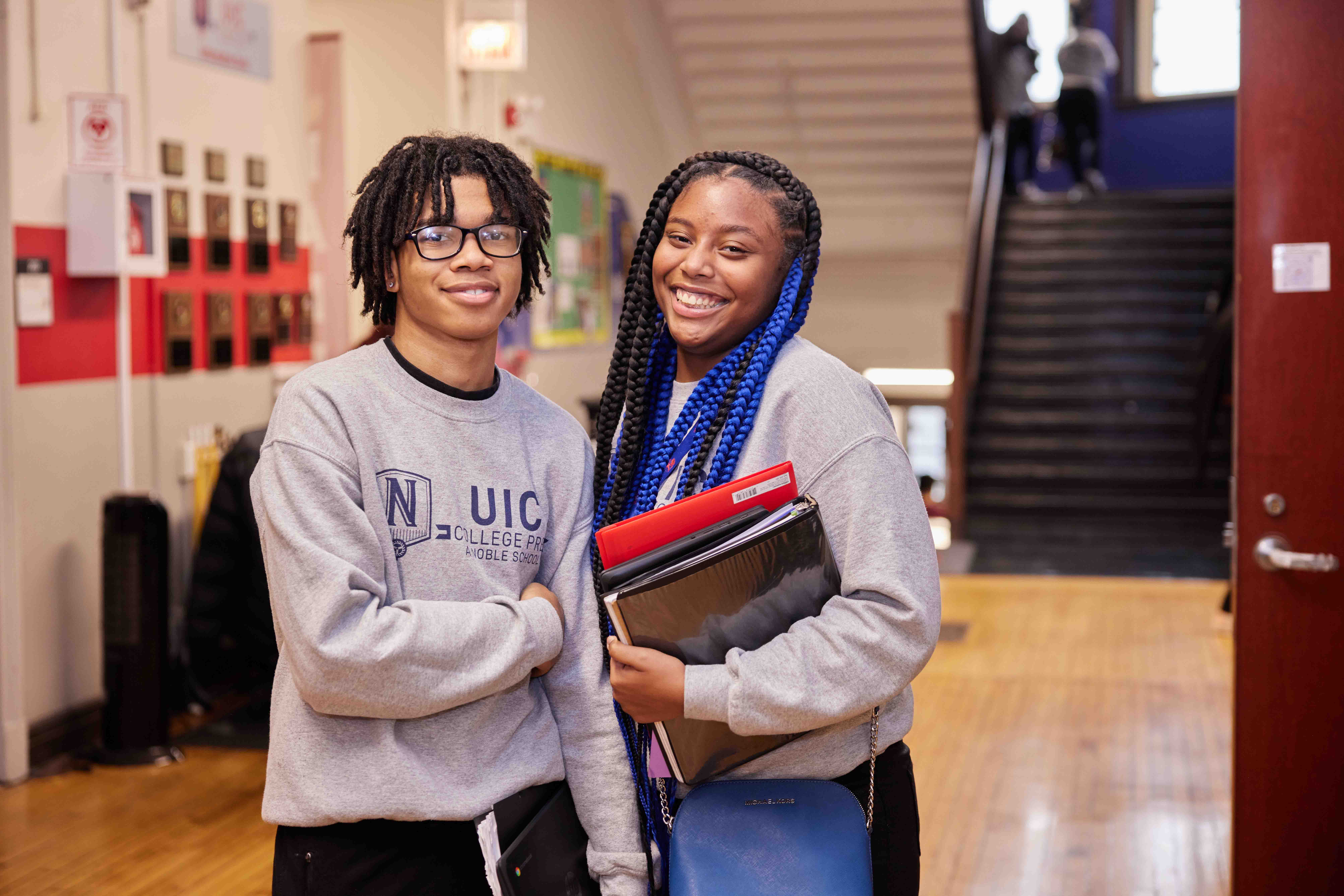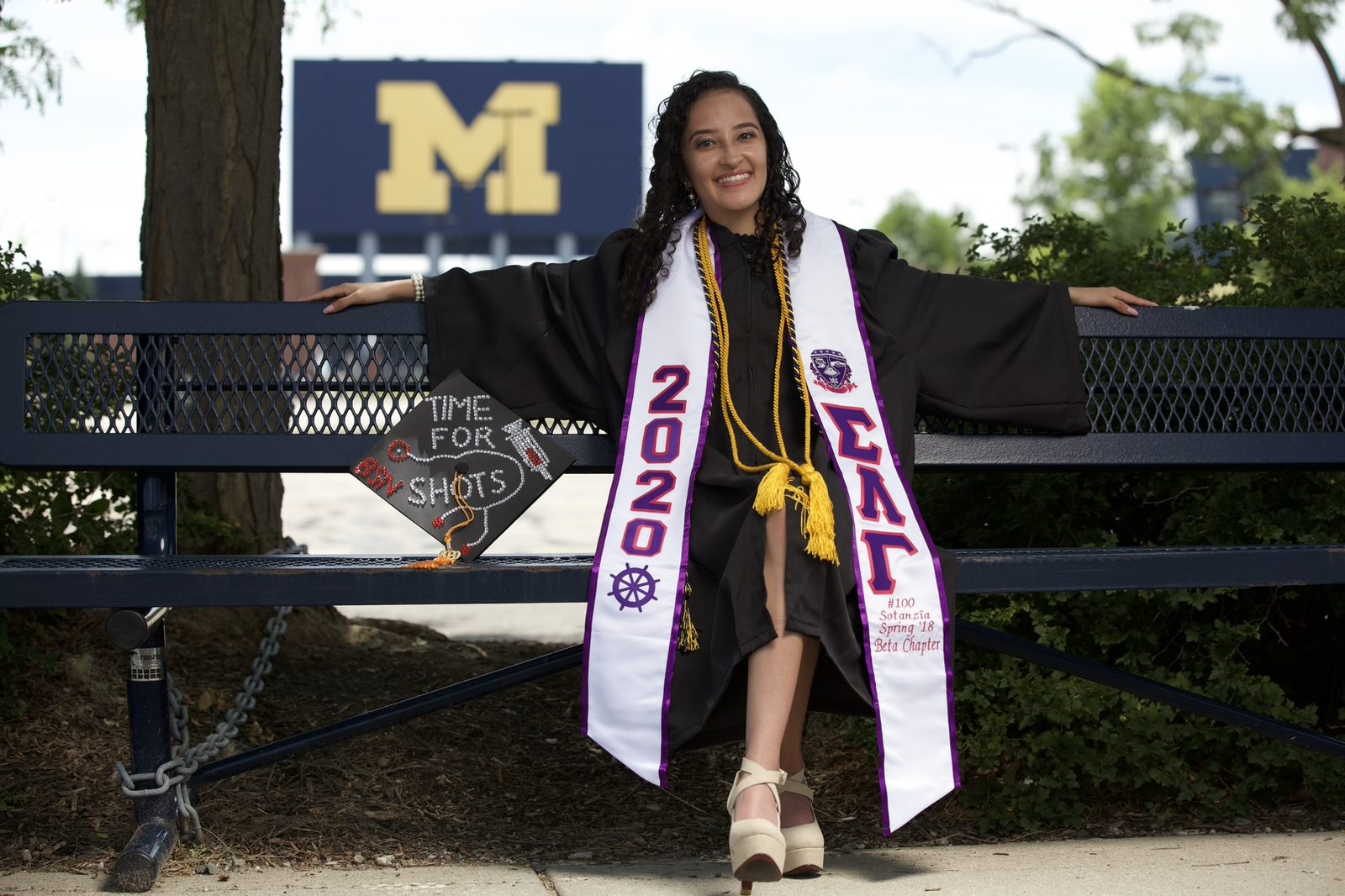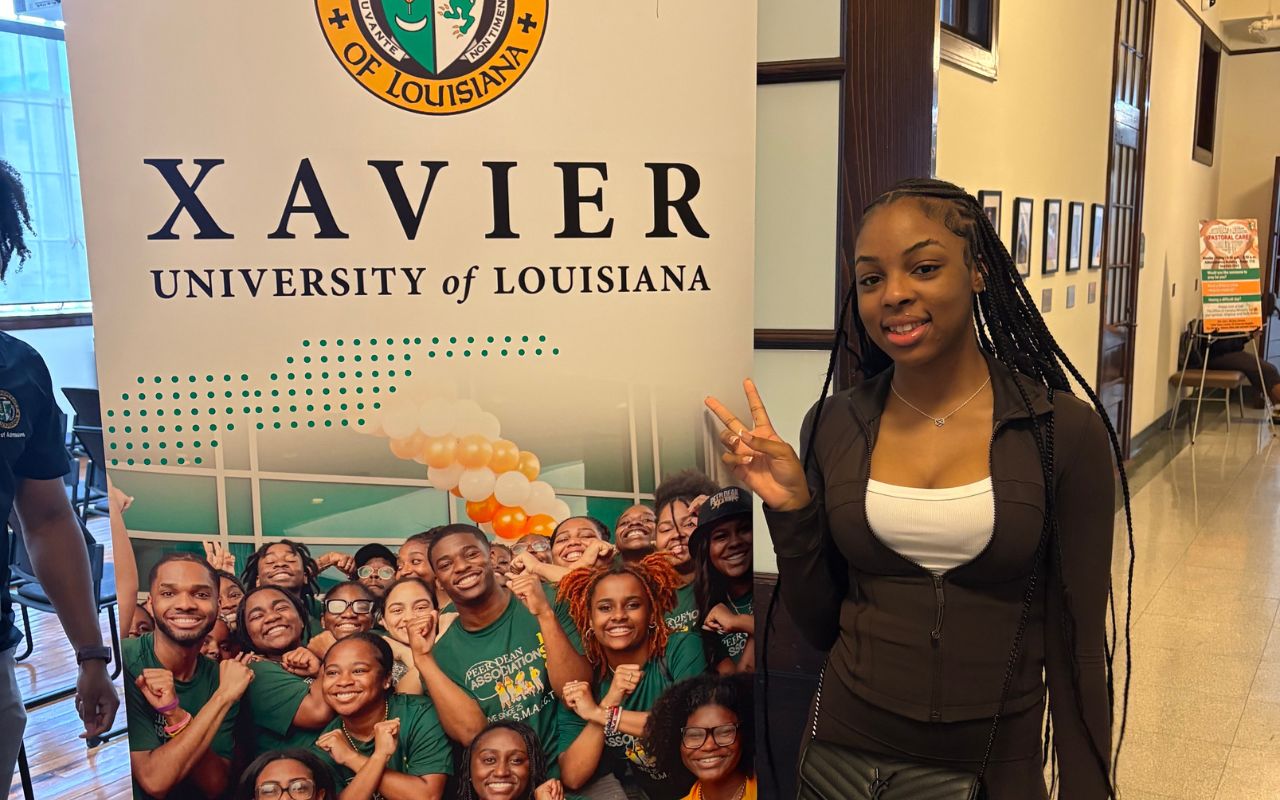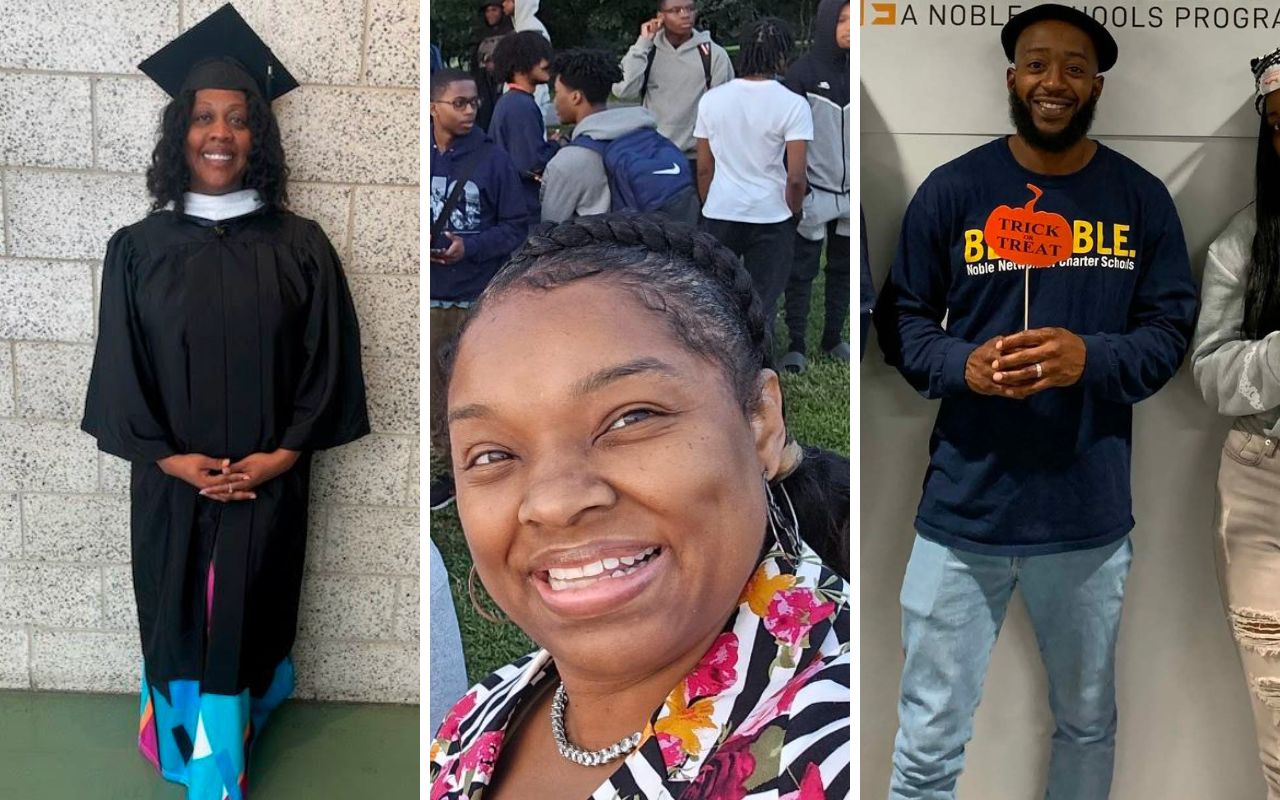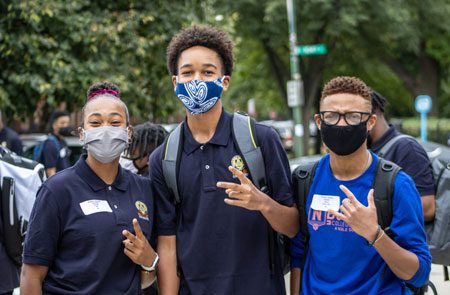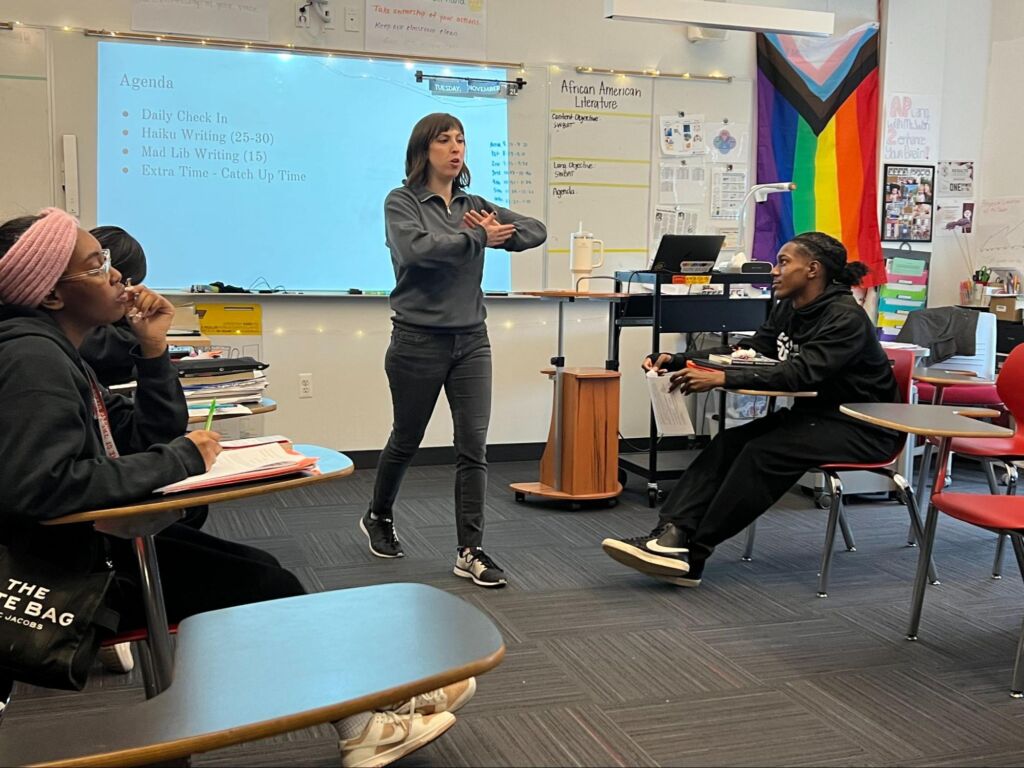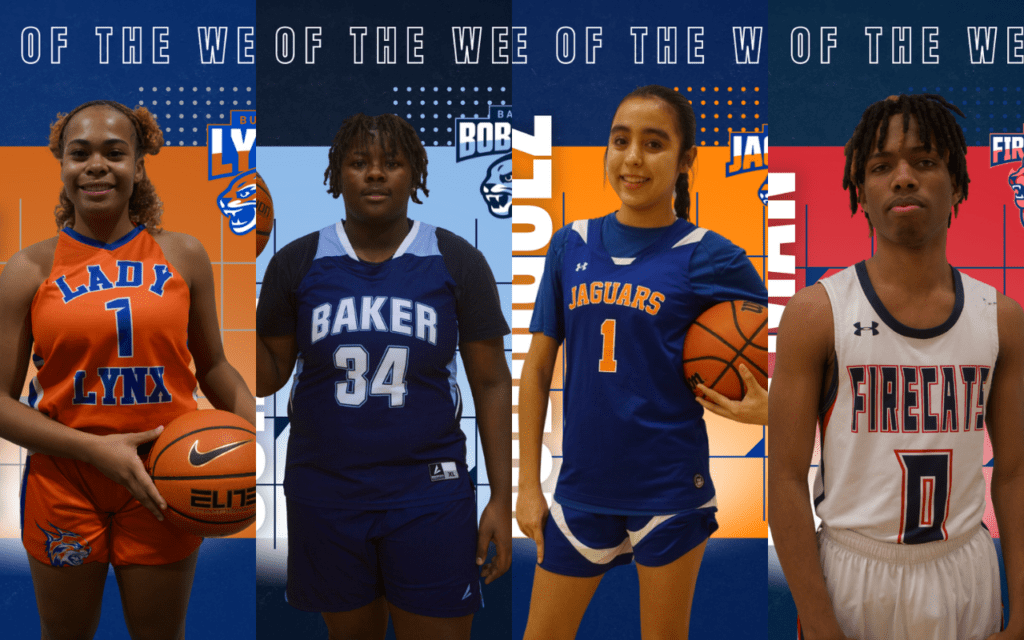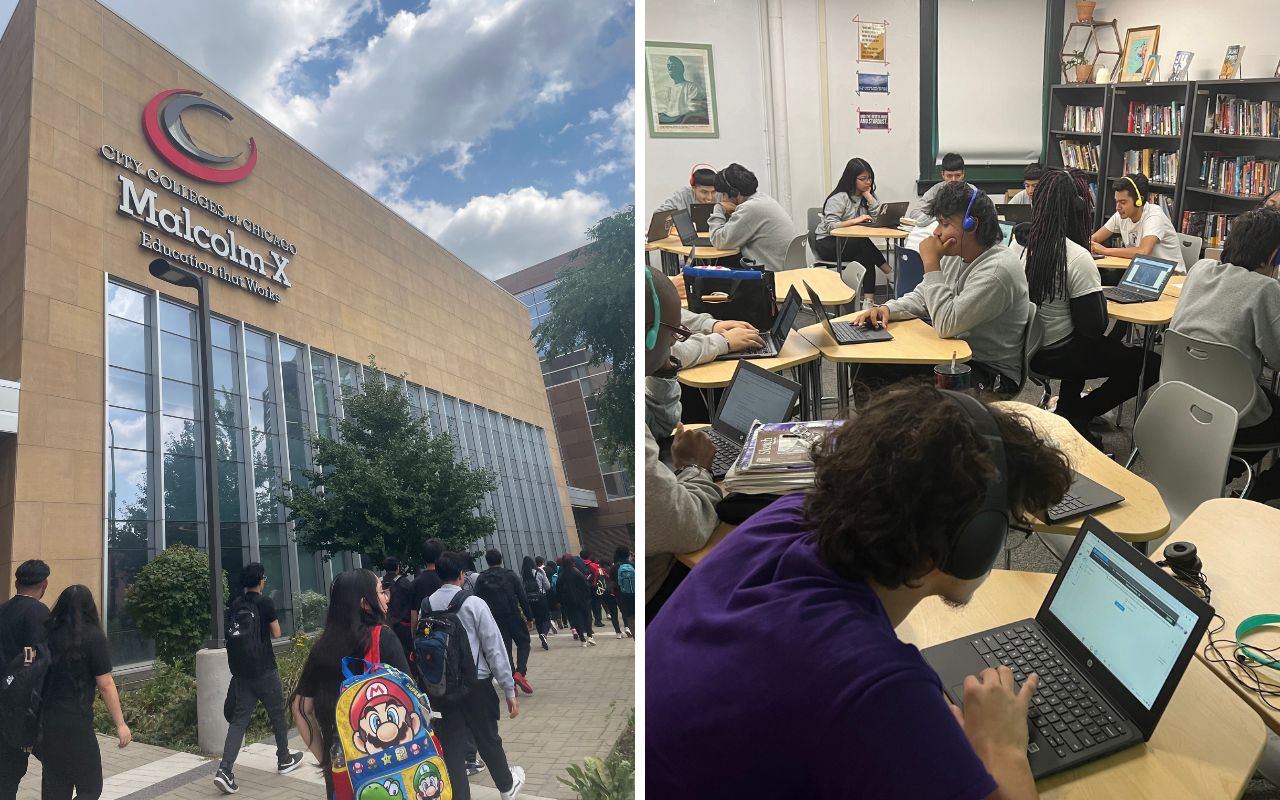
We’ve all heard a lot about AP classes. They’re common in high schools across the country and at Noble Schools, and many honors students are encouraged to take them. Colleges and universities have specific policies outlining what AP credits they will accept and the score required on the final exam to get credit.
Another opportunity to earn college credit that often gets overlooked, though, is dual enrollment.
Dual enrollment courses are growing exponentially in the U.S. In 2022, the number of high schoolers involved in dual enrollment exceeded that of those who took at least one AP exam. Dual enrollment is increasing in Illinois, too, and Noble is no exception. We’re actively expanding our dual enrollment options at Noble Schools to give our students more chances to gain college credit and early college exposure.
Unlike AP classes, dual enrollment courses do not have a final exam that completely determines whether you get college credit or not. You just have to pass the class to get the college credit, which is accredited by the university partner. For some students, that feels a lot more achievable and accessible.
“I’ve been taking AP all my high school years, and I haven’t received any early college credits, so I decided to take dual enrollment in the hopes of finally getting my early credits,” said Shyanne S., a Rowe-Clark Math & Science Academy senior, said.
Thirteen Noble campuses partner with City Colleges of Chicago to provide these options to our students. We have three different models for dual enrollment running at Noble campuses right now—standard dual enrollment, dual credit, and a new kind of hybrid model:
- Standard dual enrollment courses are taught directly by college professors. Students often leave their high school early to attend the class at the college.
- Dual credit courses are college classes taught by a certified high school teacher with a relevant master’s degree. Students typically stay on campus for these.
- A new model, somewhat of a hybrid between dual enrollment and dual credit, is also on the rise in Chicago Public Schools—and one of Noble’s campuses is testing it out this year.
Here’s a snapshot of some of these programs at Golder College Prep, Chicago Bulls College Prep, and Rowe-Clark Math & Science Academy from this school year:
Golder College Prep’s Intro to Computer Science Course
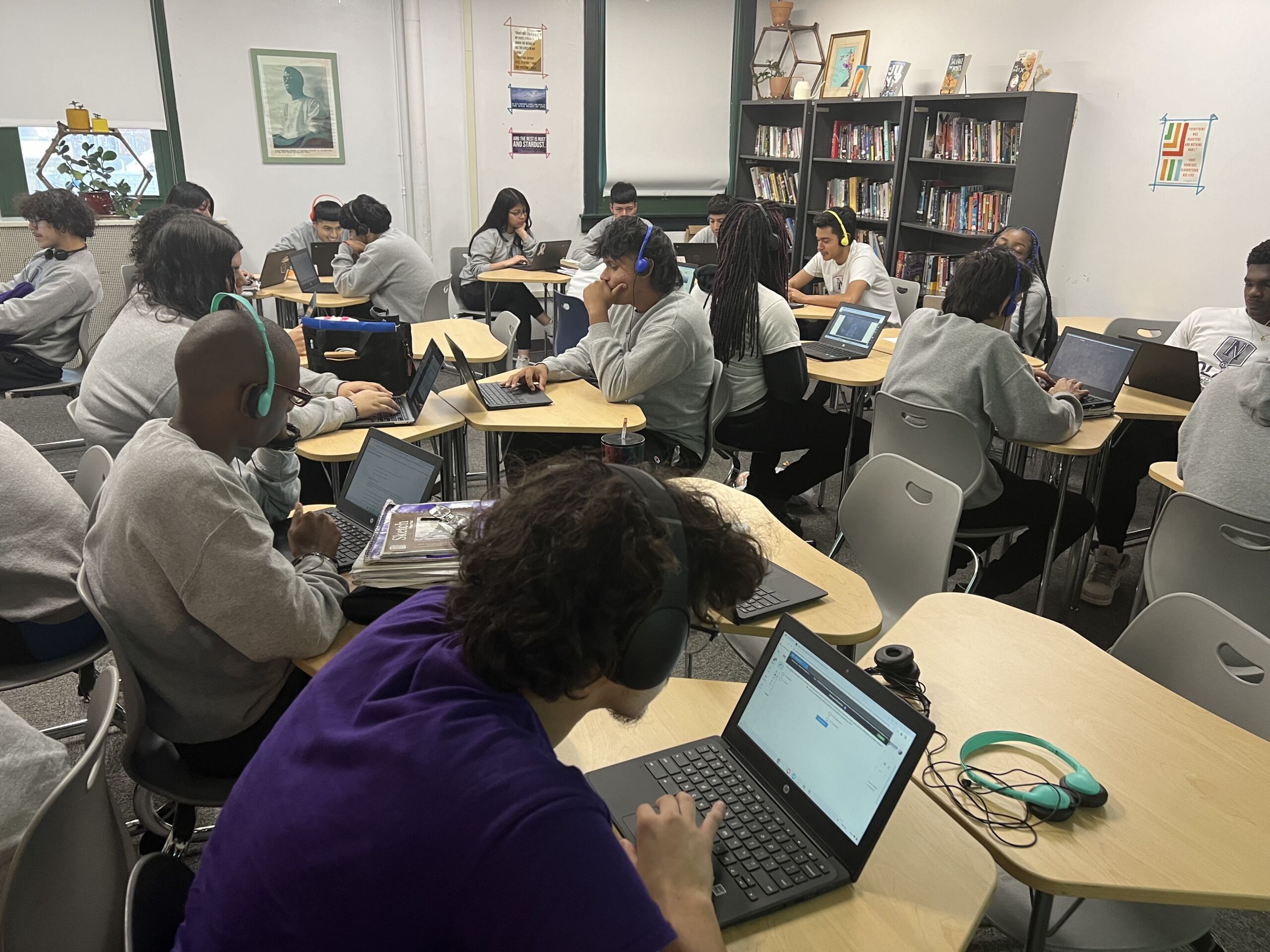
Golder College Prep seniors work on their lecture materials for their Intro to Computer Science college course.
Golder College Prep is one of a few schools in CPS testing out the “Model D” dual enrollment courses this year. This model is somewhat of a hybrid between courses taught at a college and those taught at the high school campus. In this model, students review online material and lectures from a college professor at their high school campus. This model is helpful in two ways: students don’t have to leave the campus, and the high school doesn’t have to have a certified high school teacher to lead the course.
For Golder, this has been a game changer in making college-level classes more accessible for students who don’t have room in their schedule to leave campus, especially diverse learners.
“This initiative, for me, is about trying to remove a specific barrier to accessing higher rigor courses while students are still in high school,” Julianne Horning, dean of college & career counseling at Golder, said.
If it works out well, the model also has the potential to substantially increase the school’s course offerings. As a small school, Golder doesn’t have as many trained staff members to offer more dual credit and AP courses. But with Model D, they just need to have a couple of staff members available to supervise.
“I love Golder, but we’re small, right? We don’t have the same course offerings as Speer or Mansueto because of our size and staffing. So, it’s also just a way to have more diverse course offerings for students,” Horning said.
This fall semester, Golder had over half of its senior class enrolled in the new Model D course— Intro to Computer Science—which would not have been possible with a standard dual enrollment course. While there have been some bumps in the road, Horning said, she is overall excited because she can see how her students’ experiences in the class are helping them build their confidence and discover more about themselves as learners.
“I like how we’re sort of at our own pace,” Kamariah W., a senior who took the class last semester, said, “It’s not really a teacher talking—it’s a computer talking—and that’s kind of good for me because I just feel like I’m a better learner that way.”
For her peer, Tyler F., this was his first time taking a college-level course. He said the experience reduced his stress about the difficulty of college courses.
“I was most definitely nervous, but then it just went away,” Tyler said, “I feel like people were overexaggerating the fact of how difficult the class may be. But, overall, if you’re paying attention and reading the notes and all that, it’s not that hard.”
This year was just the first test run. If the model works out, Horning hopes that they will be able to continue to work with their university partner, Truman College, to offer a wider variety of courses to seniors and juniors.
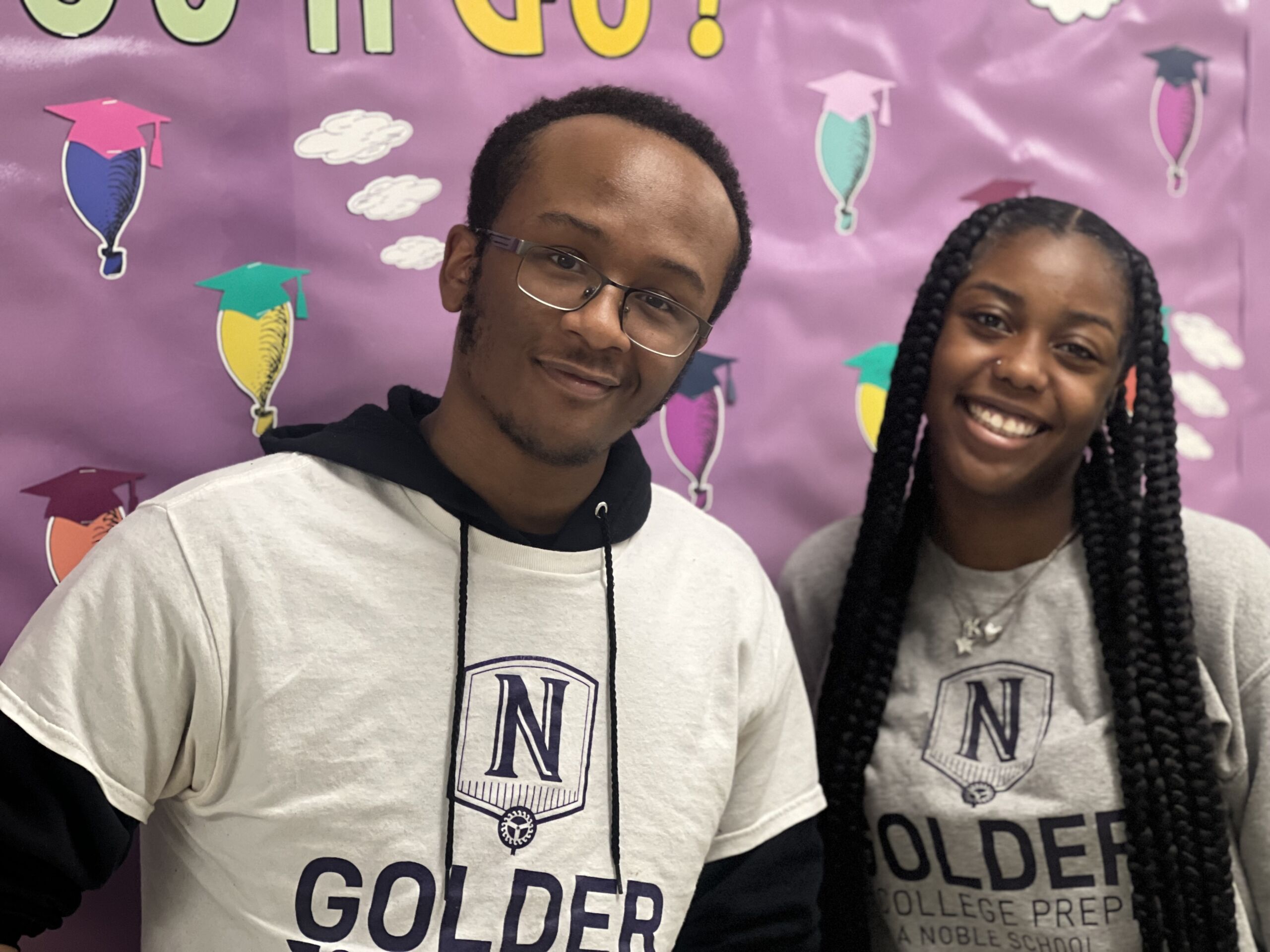
Tyler (left) and Kamariah (right), two seniors who took Golder's dual enrollment course this school year.
Chicago Bulls College Prep’s Intro to Business Course
This school year was Chicago Bulls College Prep’s first time offering any dual enrollment course. After a couple of years of planning and partnering with Malcolm X College, Bulls Prep finally offered seniors an Intro to Business course this fall semester. Every Tuesday and Thursday, 25 seniors took the 3-minute walk around the corner to Malcolm X to attend class.
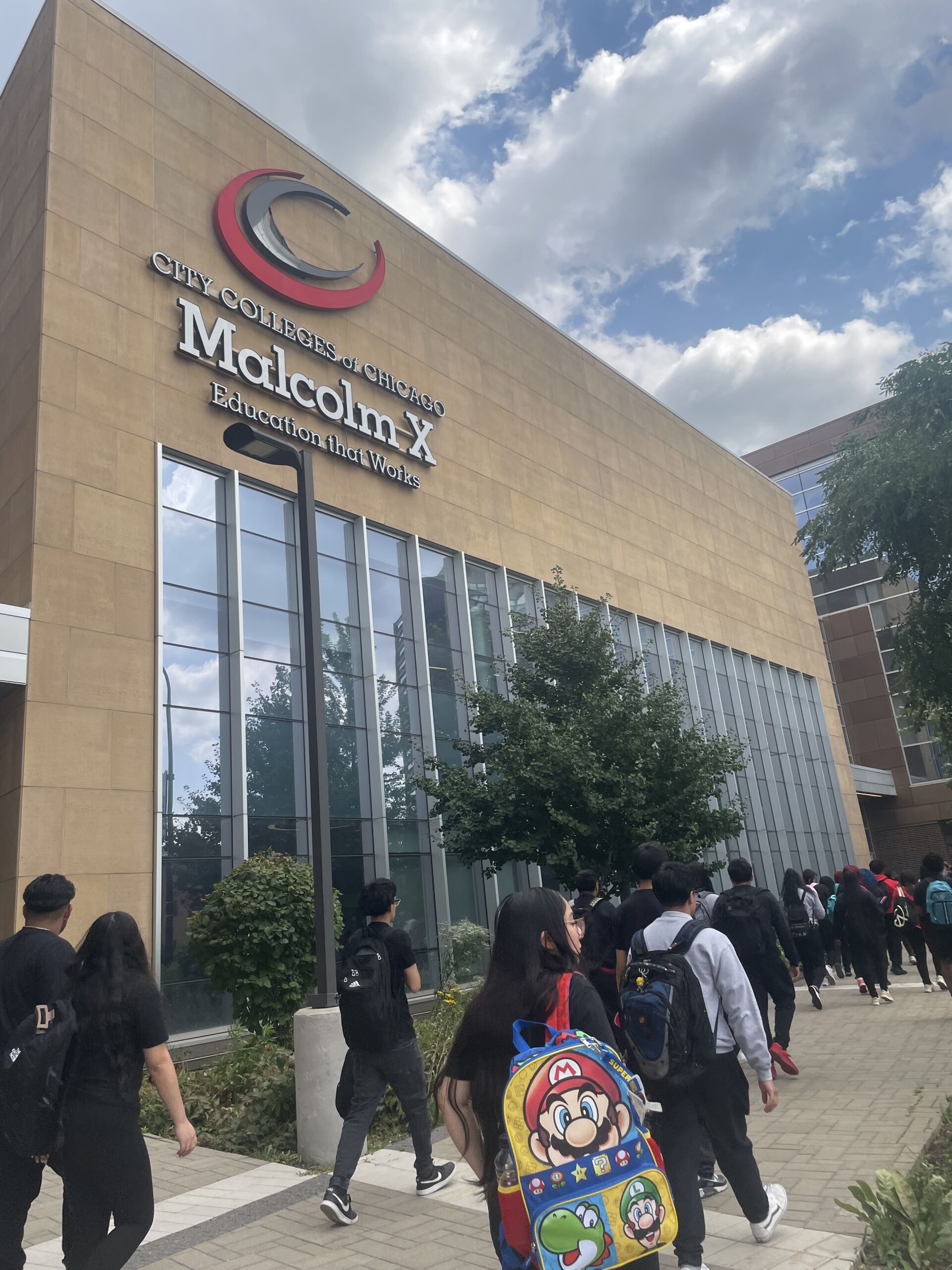
Bulls Prep students walking to class at Malcolm X College.
This first group of students was a pilot group to see how the program would work. Terrence Davis, the assistant principal of academics at Bulls Prep, said it went well. He noticed the experience helped students take charge of their own time and explore their options outside school. All 25 students in the course were let out early every day of the week, not just class days. Students could choose to use that extra time to study, work, or rest.
“It’s been nice to offer this to some of our students and just give them more autonomy and more options,” Davis said, “In our traditional system, every student would have a full schedule—which isn’t a bad thing—but it just gives a little more flexibility for them to figure out what they want to do with their lives.”
Kamauri I., one of the seniors who took the course, is in all AP classes this year but felt like he still wasn’t being challenged enough, so he signed up. He loved the challenge of being more independent in his studies.
“I would have to take it upon myself to go into the Malcolm X library and work on my own time. So, me having to juggle that while also doing my own schoolwork for these five classes that I got at Bulls, managing my time for the basketball team, and also trying to have a social life, too— it’s good practice for what the actual college life is gonna look like,” Kamauri said.
Another student, Kaylee D., felt she had learned a lot about how to succeed in college classes.
“It’s really great being able to see how a college classroom could work for me,” Kaylee said.
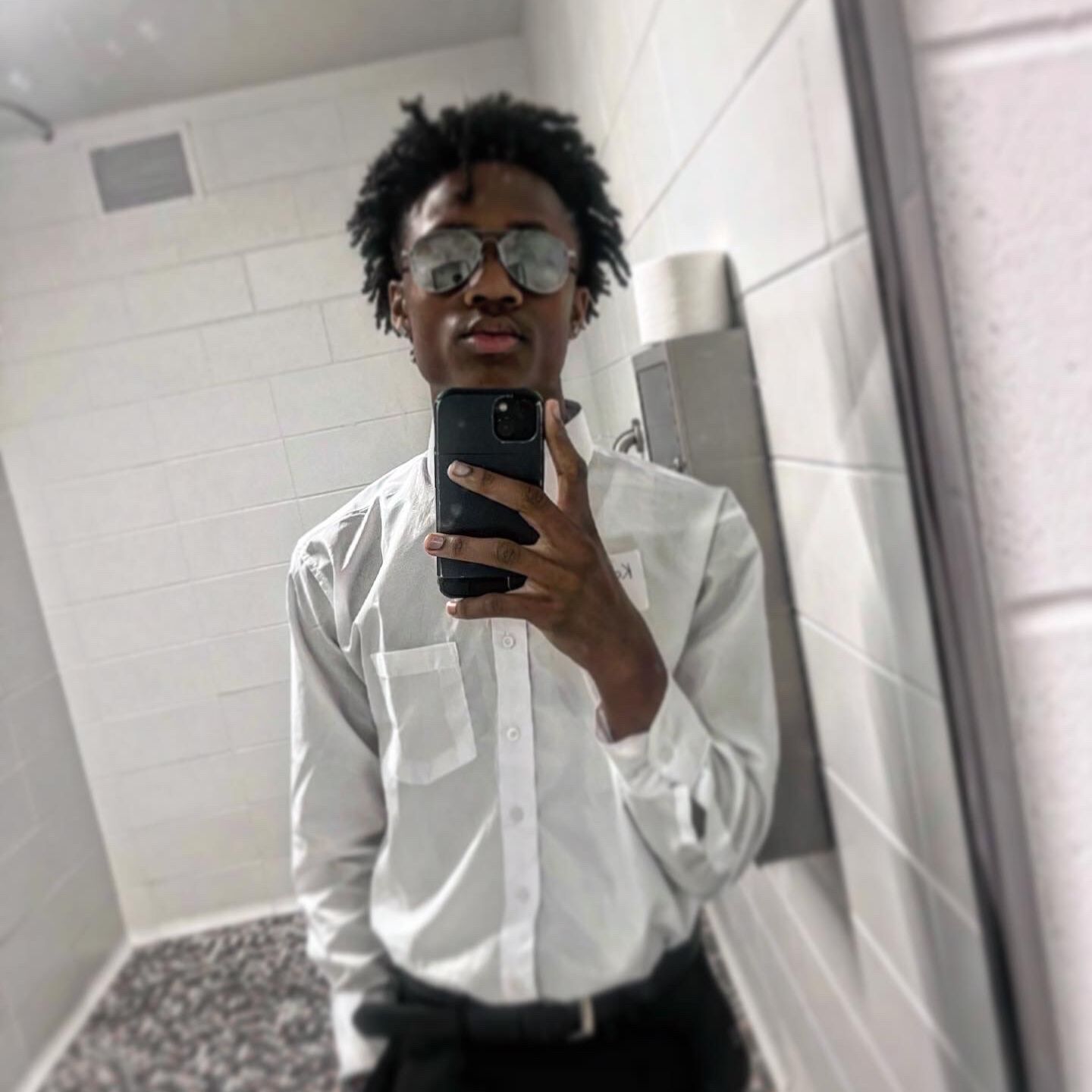
Kamauri I., Bulls Prep senior
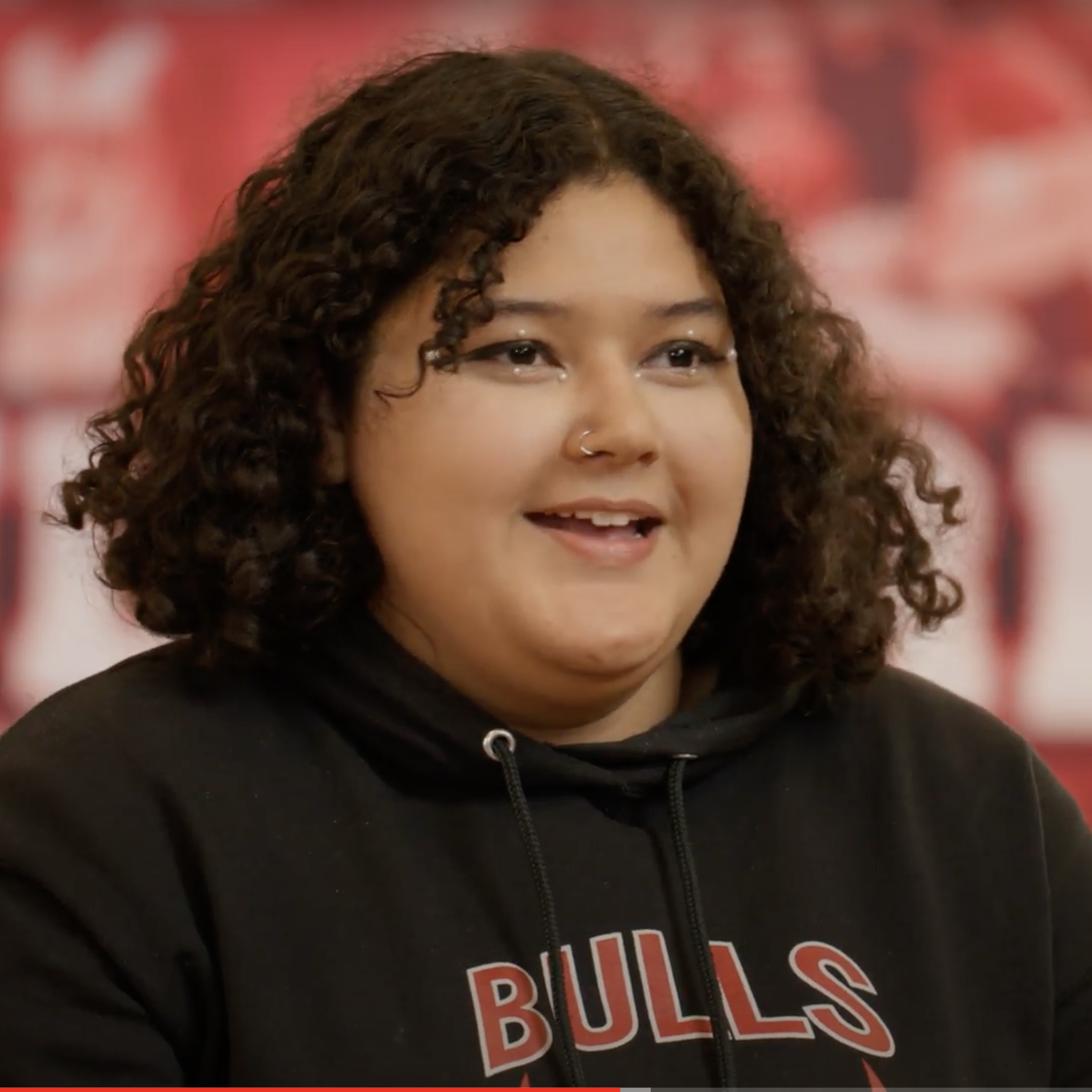
Kaylee D., Bulls Prep senior
Another plus side of dual enrollment courses, Davis said, is that it allows Bulls to offer classes they might not have the staff or expertise for. Kaylee and Kamauri were excited to learn about business—a subject not covered by Bulls’ AP classes or other courses. Kaylee has always wanted to study business, so this class was a perfect fit for her. She has big dreams for what she wants to do in business.
“I’m gonna have my own business, and I’m gonna make sure that my business helps people. Not just one group of people but everyone—minorities, lower class—I want to help the world, to help the environment. Not just me, ya know?” Kaylee said.
While Kamauri doesn’t specifically want to study business, he does plan to open his own law firm someday after he studies criminology. He felt the business course would be an excellent opportunity to learn the basics of running a business.
“I’m excited to learn how money works—like where money would have to go in order for businesses to be run,” Kamauri said, “I’m learning a lot of new terminology. It’s a great learning resource for me.”
The academics team at Bulls hopes to continue working with Malcolm X to expand dual enrollment offerings in the future.
Dual Enrollment at Rowe-Clark Math & Science Academy
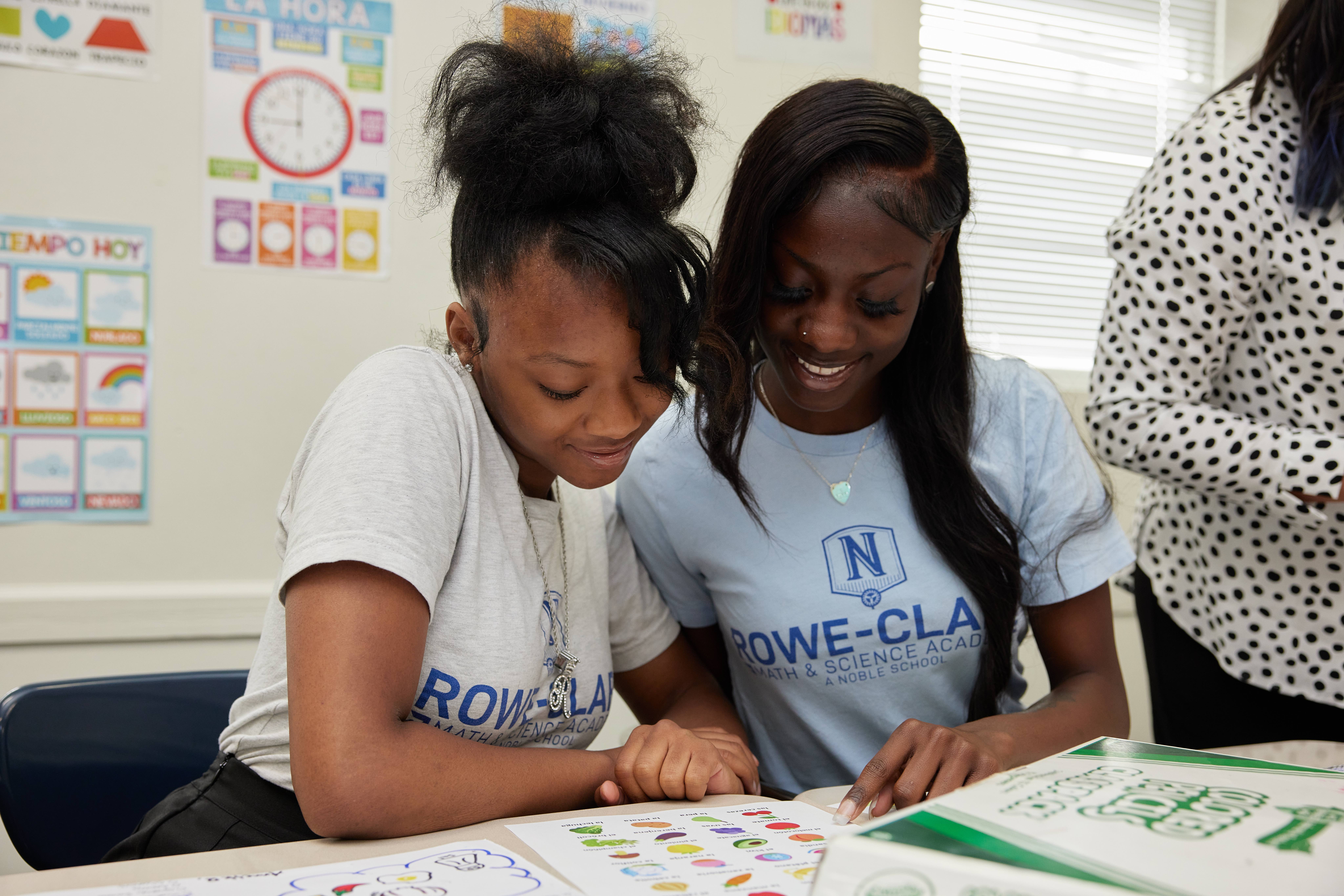
Rowe-Clark Math & Science Academy started offering dual enrollment in 2021, partnering with Harold Washington College.
They offer a diverse mix of dual enrollment options, ranging from sending students to Harold Washington for classes to having certified Rowe-Clark teachers instruct college sections of English and Spanish in-house. In addition to English and Spanish, they’ve also offered psychology, child development, and business administration courses through Harold Washington.
Both juniors and seniors can take dual enrollment courses at Rowe-Clark if they have a high enough SAT or PSAT score to qualify for Harold Washington. If they don’t, Harold Washington also has an option to take an entrance exam to get into the courses.
Damiya Perkins, the dean of college and career counseling at Rowe-Clark, said that one of the most important reasons for offering dual enrollment is to help students see themselves as college students.
“It mentally prepares them for the workload… they definitely feel more prepared and confident to sit in those classroom spaces prior to entering college,” Perkins said. She also mentioned that dual enrollment helps students save money in college. On average, she sees students who have 6-15 college credits by their high school graduation save about $35,000 to $45,000, depending on the schools they go to.
An alum kickstarted the whole dual enrollment program at Rowe-Clark. Blessyn McMorris, a 2021 Rowe-Clark graduate, knew the benefits of dual enrollment courses and advocated for them when she transferred to Rowe-Clark. She helped staff think more widely about what college opportunities they could be providing for their students, Perkins said. Blessyn now goes to Oregon University but routinely comes back to talk to Rowe-Clark students about her dual enrollment experience. She speaks a lot about how the courses helped her learn how to manage her time and stand out in her college applications.
Shyanne S., one of the students who took English 101 at Harold Washington last semester, enrolled in the course to get a headstart on her college experience. Even though juggling challenging coursework with her other activities made the experience a bit “bittersweet,” she still appreciated the opportunity to get a glimpse into college life.
“I’m learning what it means to stay organized and balanced,” Shyanne said.
Her peer, Jermaine S, also enrolled in the English 101 course. He took the class to challenge himself and get a feel for the college environment. While he also struggled with balancing his “high school life and dual enrollment life,” he eventually got the hang of it.

Shyanne S, Rowe-Clark senior
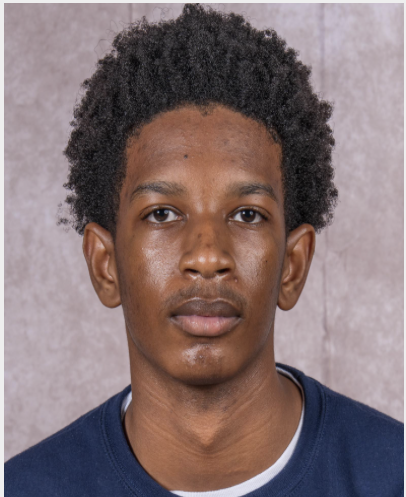
Jermaine S, Rowe-Clark senior
Jermaine says the experience has taught him some college essentials, like balancing school and life and communicating with peers and professors. But, most importantly, it gave him confidence.
“I’ve learned that I can push through any obstacle,” Jermaine said.
